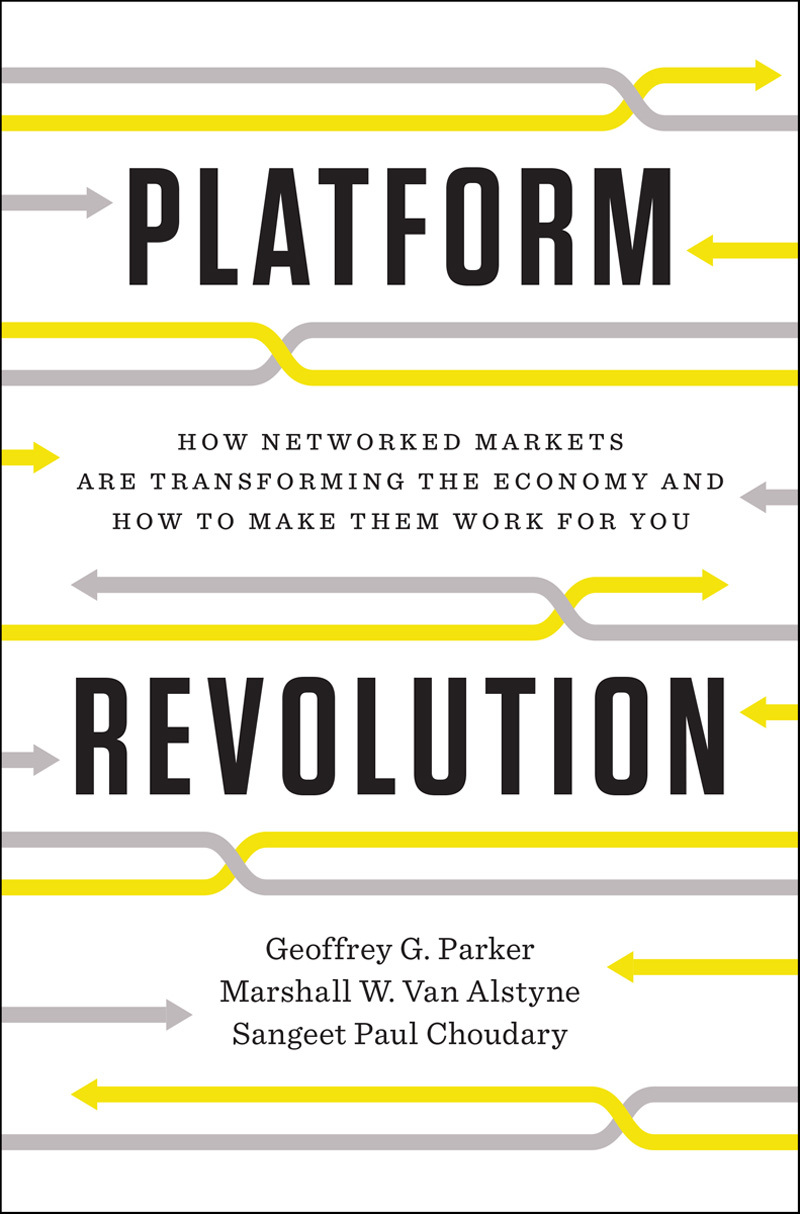The rise of platforms like Uber, Airbnb, and Facebook has reshaped industries and redefined the very nature of competition. In “Platform Revolution,” Parker, Van Alstyne, and Choudary provide a comprehensive guide to understanding and harnessing the power of platforms.
The Power of Platforms
At the heart of the book is the idea that platforms, unlike traditional linear businesses, operate by facilitating exchanges between two or more interdependent groups. For instance, Uber connects drivers and riders, and Airbnb connects hosts and guests. These platforms create value by enabling interactions and harnessing the power of network effects.
Core Concepts of Platform Revolution
- Network Effects: Platforms grow in value as more participants join. Each new user enhances the value for existing users.
- Feedback Loops: Platforms rely on feedback mechanisms to refine and improve the user experience continually.
- Multisided Markets: Platforms cater to multiple user groups, each providing value to the other.
Monetizing Platforms
Monetizing platforms is different from traditional businesses. While some platforms opt for transaction fees, others, like social media platforms, rely on advertising. The authors delve into various monetization strategies and the challenges associated with them.
Governance and Regulation
Platforms come with their own set of challenges, especially in terms of governance and regulation. The authors discuss the importance of trust, the role of data, and the challenges platforms face in terms of regulation and competition.
Five Key Learnings from “Platform Revolution”
- Rethink Competition: In the age of platforms, competition isn’t just about capturing market share but about harnessing network effects and building ecosystems.
- Value Creation and Capture: Platforms create value by enabling interactions and capture value through various monetization strategies.
- The Role of Data: Data is the lifeblood of platforms, driving insights, personalization, and trust.
- Challenges of Scale: While platforms can scale rapidly, they also face challenges in terms of governance, trust, and regulation.
- Innovation is Key: To stay ahead, platforms need to innovate continuously, both in terms of technology and business models.
Related Readings
- “The Business of Platforms” by Michael A. Cusumano, Annabelle Gawer, and David B. Yoffie: A deep dive into the strategy of platform businesses.
- “Matchmakers” by David S. Evans and Richard Schmalensee: An exploration of the economics of multisided platforms.
- “Zero to One” by Peter Thiel, Blake Masters: Insights into creating unique and groundbreaking startups.
Conclusion
“Platform Revolution” is a must-read for business leaders, entrepreneurs, and anyone looking to understand the seismic shifts brought about by platforms. Parker, Van Alstyne, and Choudary provide a comprehensive guide, backed by real-world examples and rigorous analysis, to navigate the platform economy. In today’s interconnected world, understanding platforms is crucial to creating and capturing value.
